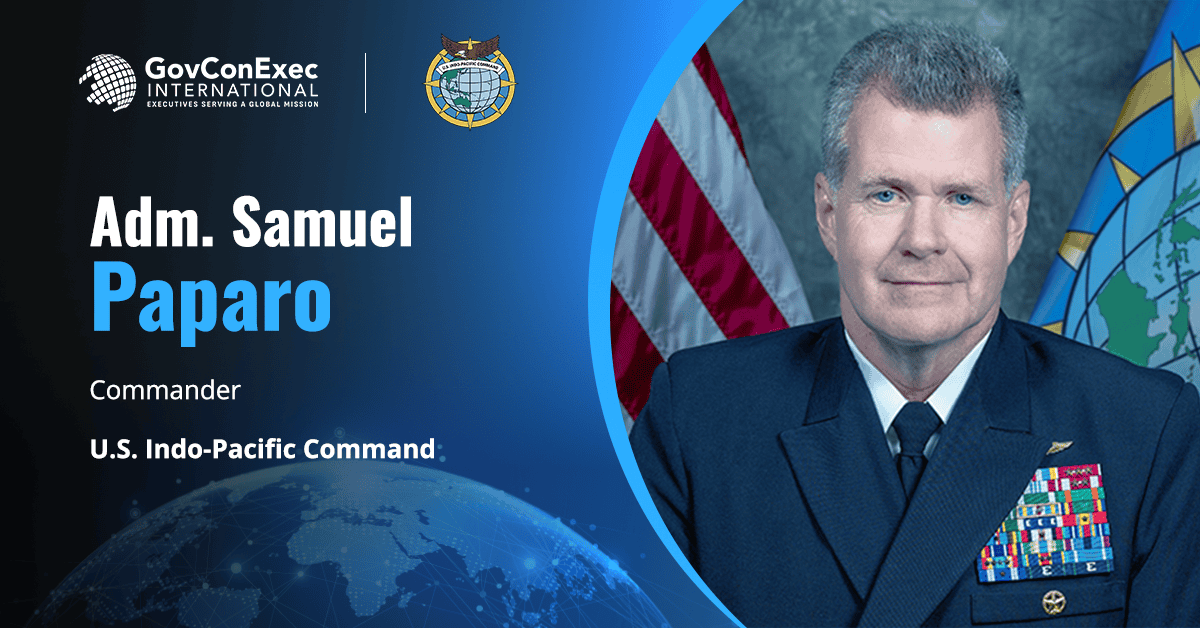Defense officials who attended the Halifax International Security Forum over the weekend said growing cooperation between China, North Korea and Russia poses a significant threat to international order.
Adm. Samuel Paparo, commander of the US Indo-Pacific Command, said North Korea volunteering its soldiers to bolster Russian forces in Ukraine could result in Moscow repaying the gesture with missile and submarine technology.
“Where one is resource-poor, the others fulfill those resources. Where one has operational needs, the others are fulfilling those needs,” the admiral told the event participants.
To address the potential threat, Paparo suggested identifying weak points and working toward breaking the walls supporting the cooperation between the regimes. But it’s not just about disrupting the partnership between Kim Jong Un, Vladimir Putin and Xi Jinping.
Changing Geopolitical Landscape
German State Minister Tobias Lindner and Dutch Adm. Rob Bauer drew particular attention to the swift geopolitical changes that allies should be aware of.
“Those who might believe that you can just isolate the [Russian-Ukraine] conflict or accommodate somehow with Russia, I believe that’s wrong,” Lindner said. “If you’re interested in security in the Indo-Pacific and all those issues, you need to have a tough stance on Russia too.”
For his part, Bauer, chair of the NATO Military Committee, highlighted the impact of the Beijing-Pyongyang-Moscow relationship on diplomacy talks and international affairs negotiations. “Not only [do you] have to talk to Russia now, but you also have to deal with North Korea,” he said.
Andrew Shearer, director-general of Australia’s Office of National Intelligence, called on the international community to think more outside the box.
“The idea of driving wedges between these two is fanciful,” the director said at the same panel with Paparo. Allied nations should significantly invest in improving defense capabilities and take a more assertive approach toward the potential threat, he added.


